We are always in the presence of God. The same gentle steady presence throughout our life. But if you are someone who has made changes in life, and perhaps against the grain, it may be that you think God was not there at certain difficult and painful periods, and certainly not in that gentle way.
There are churches, physical buildings, which proclaim the presence of God. The power of architecture and the beauty of art help underline the claim. Going back to Greek temples these often have spectacular natural settings, overlooking deep valleys, or perched on jutting cliffs, places which combine to create a sense of awe and the sacred. But is any of this the presence of the revealed God of forgiveness and nonviolence?
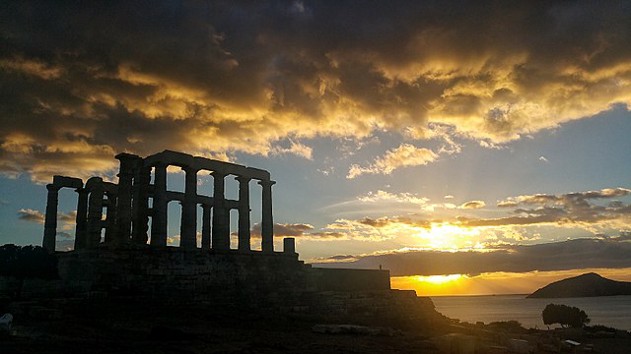
There was a time I used to visit one of “Christendom’s great churches” to pray. I considered it almost the headquarters of God on earth. And it is true, the prayer chapel had a feeling of strong spirituality. But there came a moment when I felt crushed by the whole place, and I walked out into the sunshine determined to look for God in other, much more unlikely places. Was God with me as I walked out the bronze doors?
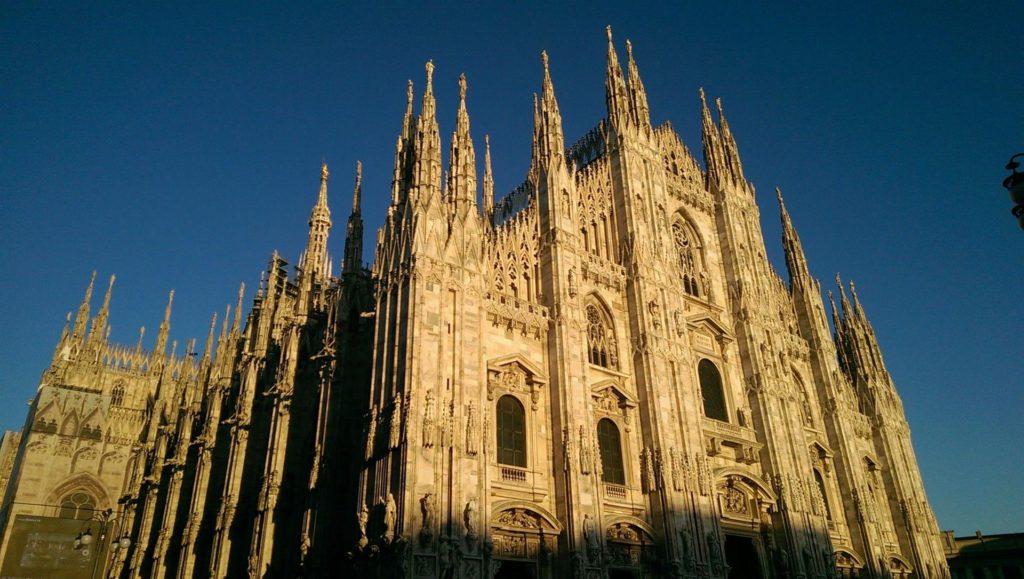
This is a question of later years. At the time, I simply took the risk, and believed God was big enough to find me wherever my path might take me.
A concrete choice like this is very much for the sake of the mind, for the sake of mental transformation. It is in fact about what pathways are being followed in the brain, and the possibility of opening new ones so that God may be felt in new ways and in different human spaces. And this did eventually happen to me.
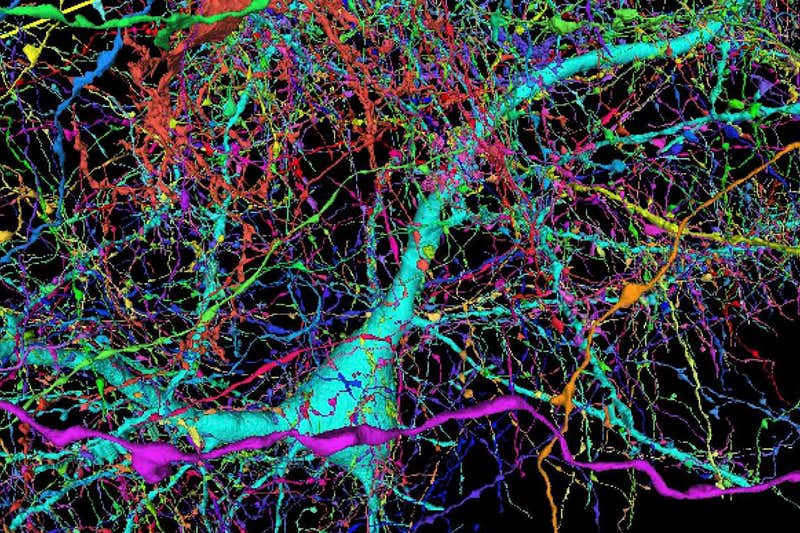
But the question remains because the buildings and temples remain, and they continue to claim emphatically that God is there and draw the pilgrims inside. And, because the issue of buildings is also always about mental pathways, it is just as possible that people will have a fixed abstract concept associated with the building and even though they never step inside.
A church, either an actual building or a sociological organization, is a projection in the world. Inevitably it mirrors the world back to itself. In a superficial separation-of-church-and-state society the church will, by that very concept, say “God is in his heaven, and basically the world is the way it is meant to be. Otherwise, we would not be given and receiving tax privileges and blessing big social occasions.” Other cultures have dealt with churches by making them at most a sentimental keepsake from other times, desirable again for big moments as a romantic backdrop.
But the real “church” as projection in the world is something we carry inside ourselves and in our relationships. People sometimes say I am opposed to churches. But that is not the case. The churches are vital carriers of the gospel tradition. The point is the new situation we are in, not opposition to what has been. The mental pathways of peace and nonviolence are not as such doctrinal distinctions or identifying creedal formulae. Neither are they principles of behavior to pledge us a happy afterlife. They are a living shift in human meaning. A change of our way of being on earth. I have steered away from “doing church,” not because I think church is impossible. On the contrary, all calling people together on the basis of love and forgiveness, that in fact is church. But because we have also seen churches as mechanisms for projecting humanity outside and beyond the earth, then it is necessary to have a period of serious abstinence from the traditional practice of church.
We need continually to develop the mental space and relationships of peace and divine nonviolence as a way of life, in order to get away from the otherworldism of normal Christianity.
This other practice is for the sake of building these new mental pathways, just as a sports coach will do intensive training at the beginning of a season, or before a final tournament. Transformed pathways and projections need concentration and intensity. This is why I prefer study, retreats, focused prayer, alternative ritual and settings etc., to regular “church.”
But what of the presence of God? If you are someone who has made spiritual lifestyle changes you may contrast a sense of God you had before, with what you feel now. God may have been threatening, or simply alien. How do you reconcile that with mental pathways which seem very different now? Was God always with you? Or, is God in fact reducible to purely a mental projection?
No. If God is nonviolent then God is infinitely patient and long-suffering. God does not impose God’s will, not at all. The appearance of God’s rage, losing patience and moving to wipe out his creatures, this is the product of a primitive level of perception where historical divine identity rooted in violence overwhelms revealed identity rooted in liberation. Why would God wish to liberate an oppressed people unless he fundamentally disagreed with violence? And the ultimate outworking of this will to liberate is the willingness to suffer without retaliation in order to draw humanity into the peace and life of nonviolence.
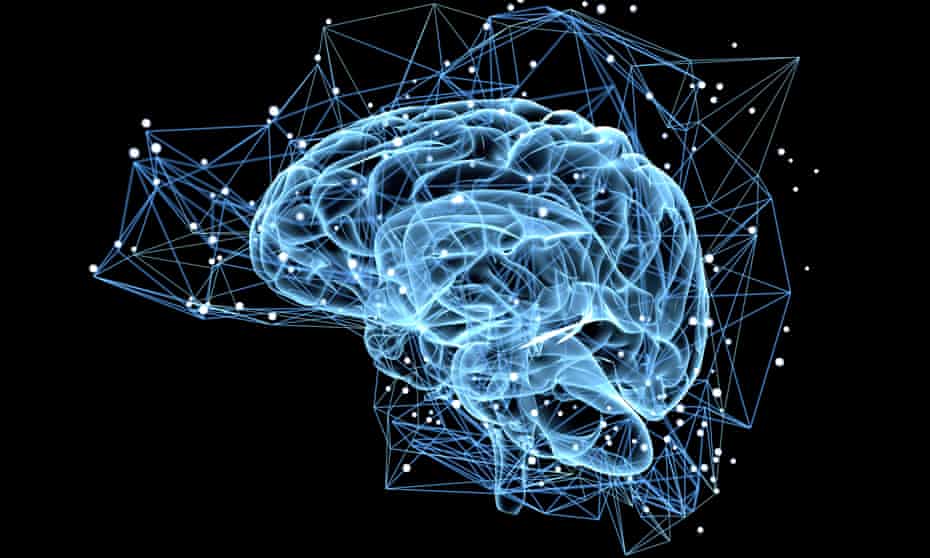
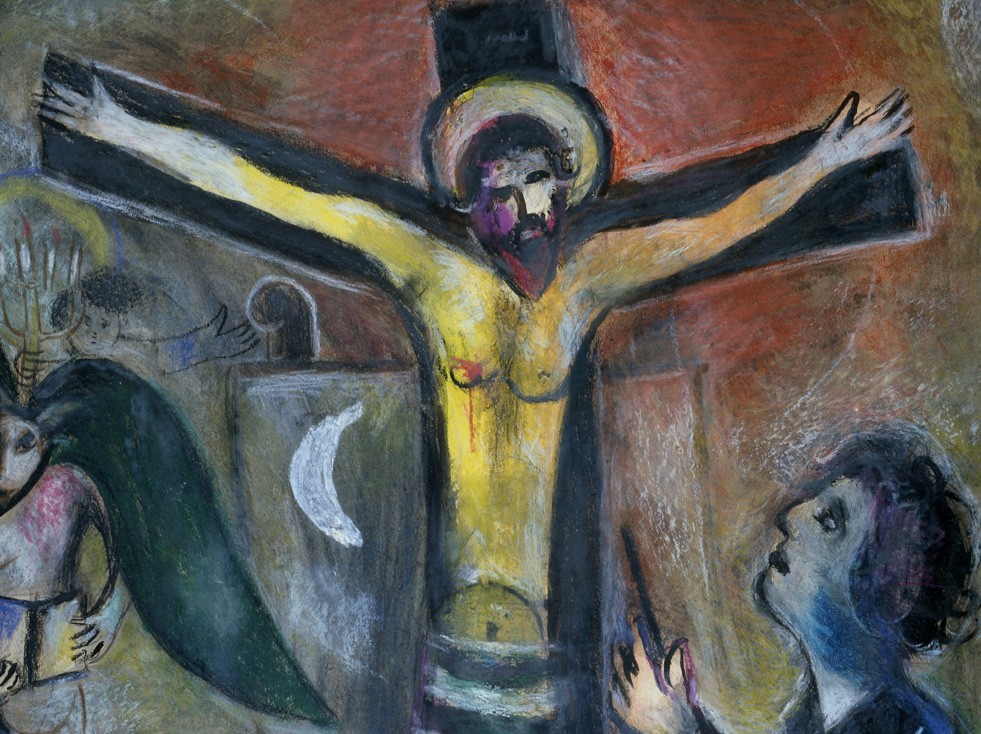
So it is, I believe, that the God of gentleness and peace was always there, no matter our perceptions. Indeed, I think we can progressively take every memory and retrofit them with the nonviolent presence of God in order actively to redeem and transform our past. This is part of changing mental pathways and, in turn, creating the space of a new projection on earth. Not simply an “historic peace church” (and its rooting in a particular denominational identity) but a clear and dominant sense of any Christian gathering as the breakthrough of new humanity.
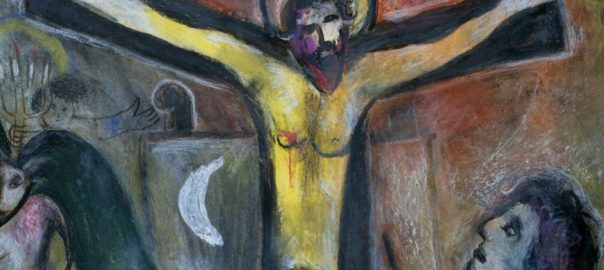
Thank you for this (gently!) prophetic reflection on the limitations of the institutional church. It’s appalling to see how that church can be seduced by nationalism, and even actively complicit in state violence, as we’re seeing so tragically today in the Russian Orthodox Church’s support for the invasion of Ukraine.
I think the whole tradition, Catholic, Orthodox, and Protestant, has been guilty of this. Thank you for your comment, Richard. Here’s a quote from Bonhoeffer that might point the direction. “Christianity stands or falls with its revolutionary protest against violence, arbitrariness and pride of power and with its plea for the weak. Christians are doing too little to make these points clear rather than too much. Christendom adjusts itself far too easily to the worship of power. Christians should give more offense, shock the world far more, than they are doing now. Christian should take a stronger stand in favor of the weak rather than considering first the possible right of the strong.” ~ Dietrich Bonhoeffer